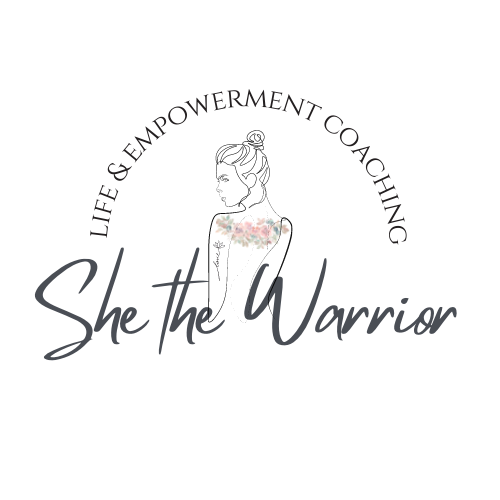Being a Woman, Then Vs. Now
Photo by Julia Volk from Pexels
What does it mean to be a woman in the United States now compared to ninety years ago?
I just finished a compelling book that made me consider this, and look at my own life through a different lens. Yes, we still have many challenges and a long way to go to equality and some semblance of overall safety in this world, but looking back, I am grateful for what I do have. And even more so, grateful for what I don’t necessarily have to worry about.
The Giver of Stars, by JoJo Moyes, portrays several young women in 1930’s Kentucky who carried out a travelling library service, delivering books to rural families. (Warning – there are a few small spoilers, so if you intend to read this book, stop now!)
To be a woman in the 1930’s must have come with many challenges. In the story, among other things, the protagonist was struggling with her new marriage. She had left England and married a well-renowned American man, who as it turned out did not want to be with her at all. Later she learned that he also could not stand up to his own father, an incredibly overbearing man who lived in the same house.
Due to boredom, loneliness, and the oppressiveness of her living situation, she began making her own choices and joined the library service, thereby earning income and making friends. To her, finally a life worth living!
However, despite the fact that her husband didn’t want anything to do with her, it became frowned upon that she was no longer keeping house (even though they had a full-time maid?) and had yet to bear children. Her father-in-law hated that she had a job, rode horseback, spent time with other unmarried – and quite outspoken – women, and rode alone delivering books across the county.
None of it was proper.
Needless to say, it became a problem and things got very heated to the point that one night the father-in-law ordered her to quit her job and stay home ‘like a good wife’. She refused, and he began brutally beating her while his son – her husband – stood by, dumbstruck.
She left him that evening, and stayed with her friend – the woman her father-in-law most hated for being headstrong and independent. Long story short, there were many attempts to bring her back to the household, without a true apology or any regret for what had happened.
She was expected to return merely because it was her civic duty, and in the eyes of God and society she was expected to obey her husband and find joy only in domestic matters.
Not only was she told this by her husband, but also her father-in-law, the maid, the town’s pastor, and various townsfolk.
In their eyes, the beating and horrid daily life in that house may have been unfair and less than desirable, but acceptable nonetheless, simply because she was his wife.
When she wrote to her parents in England and told them what had happened and that she was not happy in this marriage, they essentially told her that she had made her choice and was expected to stick with it. Her husband was a well-respected man, and she should be glad to be with him. They also stated that if she left her marriage and came back to England without him, she would not be welcome.
Again, not proper.
I may complain sometimes about being a woman and all the expectations and injustice still present in this day and age, but at least for the most part I don’t have to worry about staying at home and being a proper lady.
I am blessed to live in a country in which if I need/want a job, I can go find one myself. For the most part I am free to fill my time up how I please, rather than with the weight of societal and gender stereotype expectations. If someone says something rude to me, I am free to talk back, disagree, and/or defend myself.
If my significant other were to ever lay a hand on me, I could first of all give it right back to him, and then immediately leave. The people around me would not necessarily expect me nor urge me to go back to him, even if we were married. And my family sure as hell would not tell me to return to him. In fact, they would likely do everything in their power to stop me from doing so.
Times have indeed changed. Marriage and status aren’t everything. Societal pressure is still a real thing, but certainly not to the extent that it was. I’m not necessarily going to be shunned for traveling alone or having my own stream of income. I’m not going to be considered a failure if I don’t become an expert in domestic duties and keeping a household. And – although there is definitely still some stigma surrounding this – I will still have the ability to be successful and accepted, even if I decide not to have children.
For these things, I am very grateful.
I think this is one of the reasons that historical fiction is my favorite genre – we have the opportunity to learn so much from the past, and yet sometimes we lose perspective. Seeing how different it might have been gives me insight into who I am, and who I want to be. Even though they were fictional characters, it was based on a true story and those things absolutely did happen in that time.
Knowing this makes me wonder how I might have been, had I lived as an American woman in the 1930’s. Would I have had the courage to stand up for myself and defy the times, helping to further propel the feminine sex forward towards freedom and acceptance? I like to think so. But who really knows?
Either way, it truly makes me appreciate what I have now, and I hold on to that.


